The most recent installment of the Medscape Physician Compensation Report was recently published. Along with some of the best information on the web about physician salaries by specialty, the new Medscape report also reports which specialties are the most satisfied with their jobs (click here to view the entire Medscape Report). The results may surprise you. There is no correlation with salary and satisfaction. The highest paid specialties (orthopedics and anesthesia for example) are found in the middle of the list while pediatrics, ID/HIV, and pathology are all found at the top of the list. Interestingly, plastic surgery is–by far–the least satisfying specialty. So, the most competitive specialty is by far the least satisfying…that’s odd!
My conclusions from the Physician Satisfaction Survey:
- The age old adage is correct: Money does NOT buy happiness.
- Just because a specialty is desirable to match into does not mean it is desirable to practice in [plastics].
- I can find only one thing that links the most satisfying specialties: LIFESTYLE. If you look at dermatology, psychiatry, emergency medicine, infectious disease, pathology, and ophthalmology they have a great lifestyle in common. They all have minimal call, good salary (but they are not the big earners), and few emergencies. They all lend themselves well to family, recreation, and other hobbies outside of medicine.
My unsolicited advice:
- I am sure there are my internists and plastic surgeons who are very satisfied with their jobs. I would bet that they knew exactly what there were getting into before they choose their specialty. Satisfaction in the workplace has lots to do with managing your expectations (and the expectations of your family and friends!) If you really love some of the specialties that do not have the best lifestyle, that is great, just make sure you know that this will be an issue before you go into he specialty. Once you have made that decision, you will not be shocked (and neither will your family/friends) when you work a lot more than those around you.





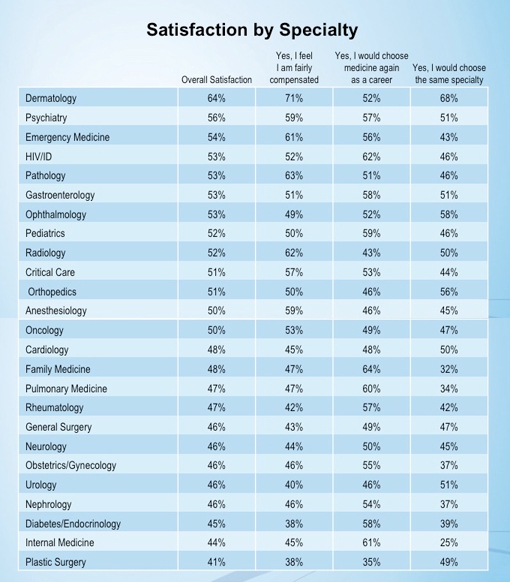
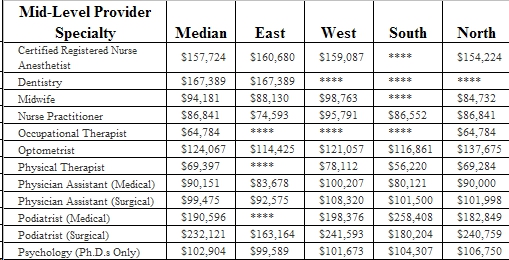
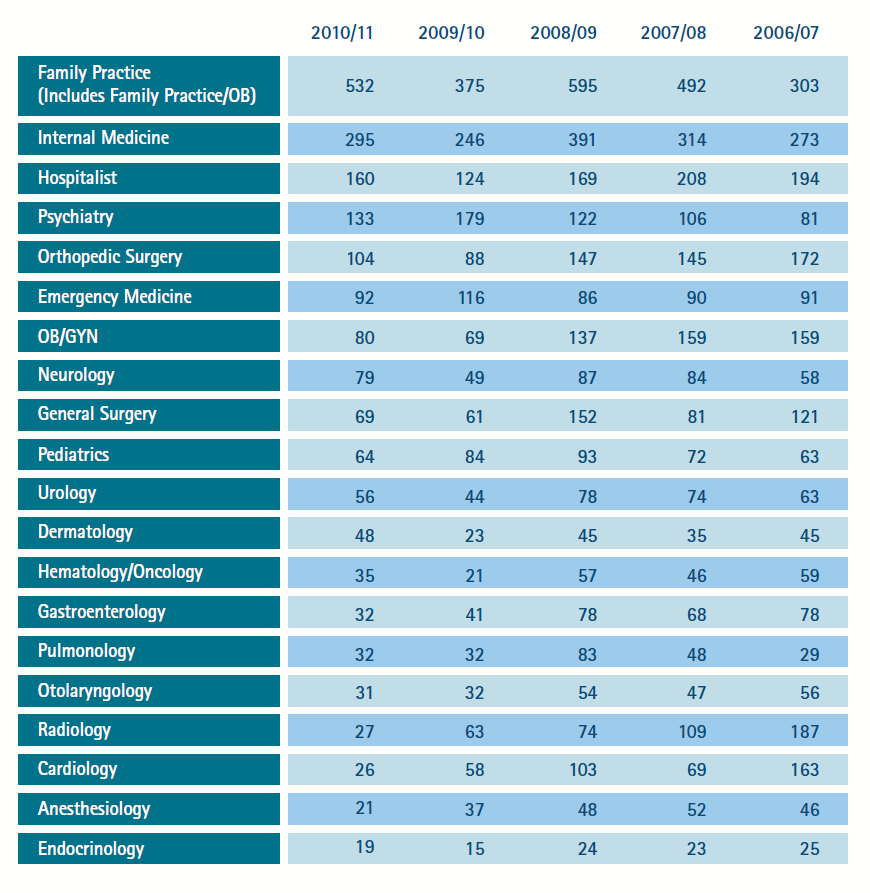
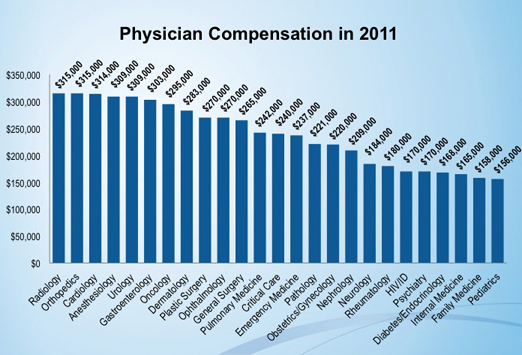



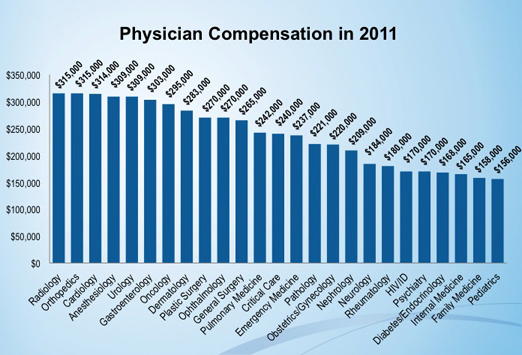
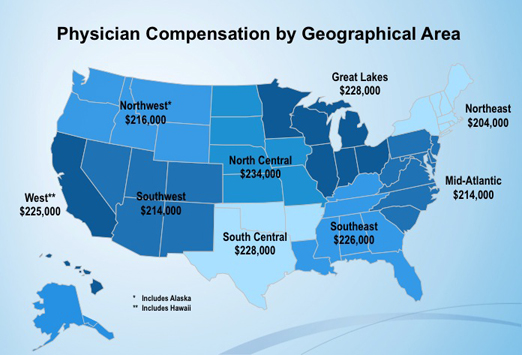
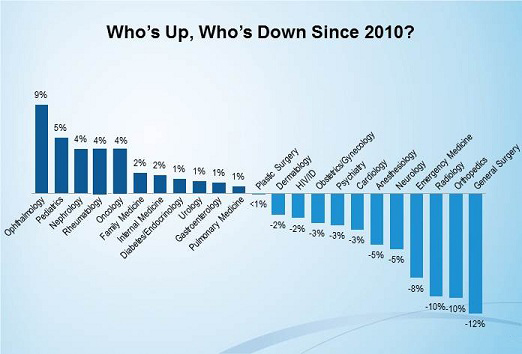

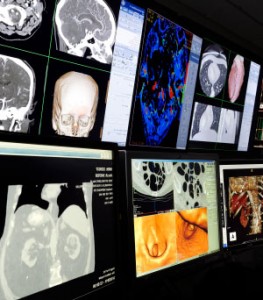
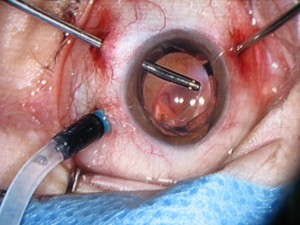
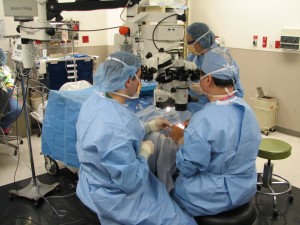
 My name is Andrew and I am a first year resident training to be an ophthalmologist. I created ShortWhiteCoats to provide medical students, residents, and the public with all the information I spent so many hours looking for during medical school.
My name is Andrew and I am a first year resident training to be an ophthalmologist. I created ShortWhiteCoats to provide medical students, residents, and the public with all the information I spent so many hours looking for during medical school.






